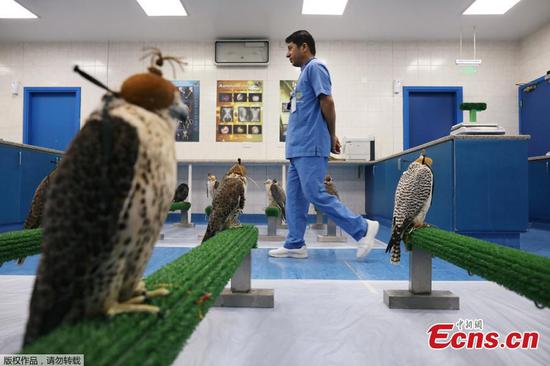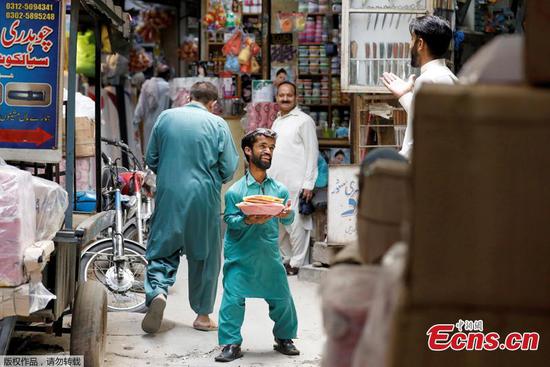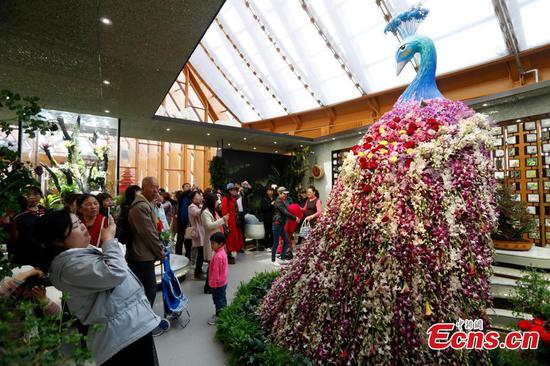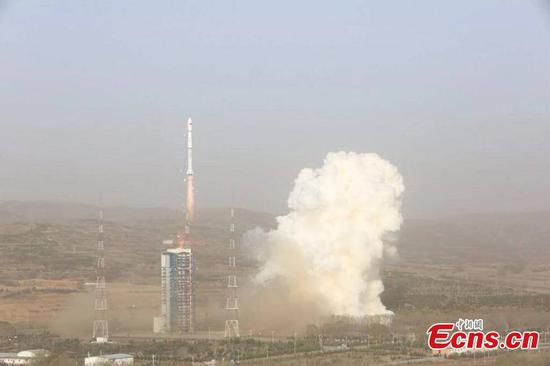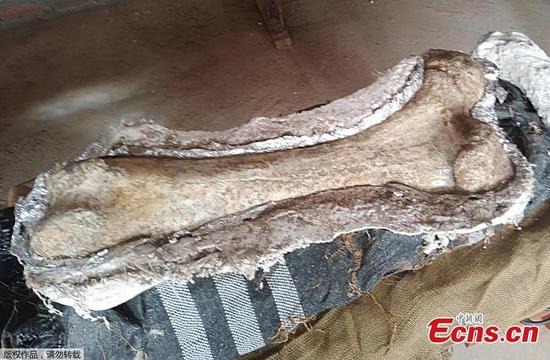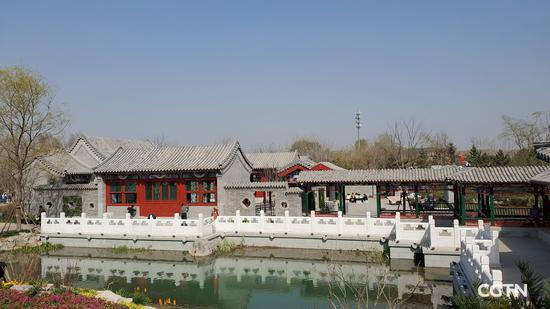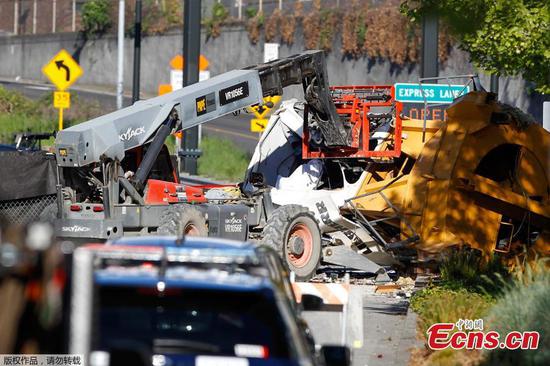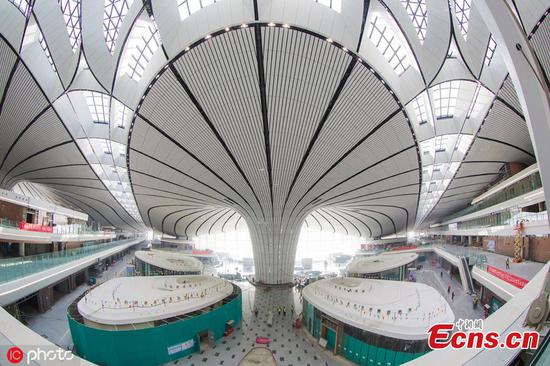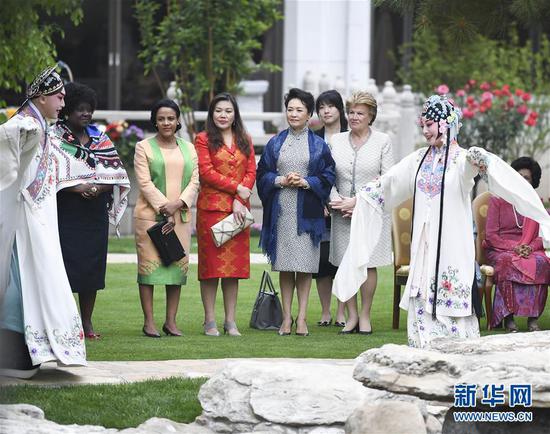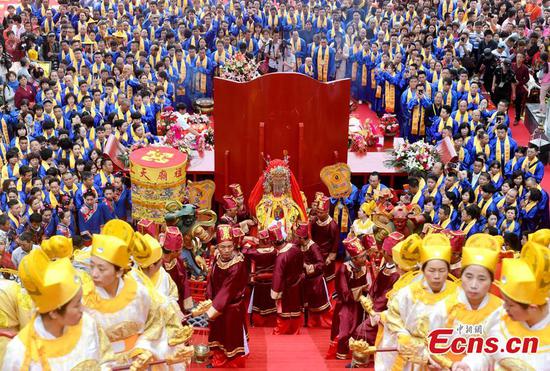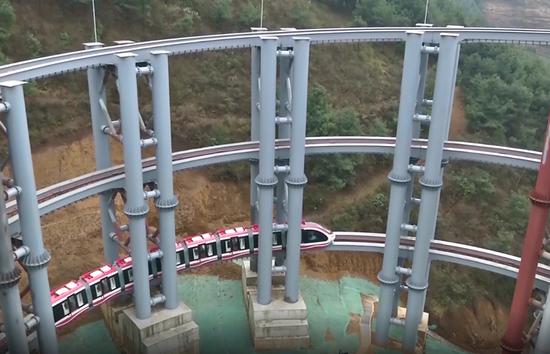Wen Xiaoyi, a professor with the China University of Labor Relations in Beijing, said online platforms have more money to lure workers away from traditional sectors because their labor costs are much lower as a result of elementary employment contracts and a lack of injury insurance.
"Maybe a deliveryman can earn a much higher salary than the average factory worker, but that deliveryman doesn't even have insurance to ensure he will be covered in the event of an accident," he said, adding that the employee drain may cause big problems in the future.
"Usually, factories have two choices when they fail to attract workers. One is capital flight, which means the factory in China will be shuttered and opened again in a different labor-abundant country in Southeast Asia, while the other choice is to upgrade its manufacturing equipment from manually operated machines to automated ones," he said.
"The latter course is worse, because machines will replace workers, which means lower-skilled workers who chose to resign from factories may never gain employment in a factory again."
Future developments
Wen said the regulations that focus on protecting the rights of workers registered with online platforms, such as food delivery personnel and Didi drivers, should be clarified to ensure that the employees are paid decent wages and have access to benefits.
He added that employers should be encouraged to produce more highly skilled workers and raise their salaries accordingly.
In a positive move, the government is endeavoring to raise the social and financial status of workers, and early last year, the State Council, China's Cabinet, released a guideline focused on improving the treatment of skilled workers.
Speaking at a news conference in February, Zhang Guang, deputy director of the general office of the All-China Federation of Trade Unions, said advances such as information technology and artificial intelligence are changing traditional notions of employment and posing new challenges for the government to protect workers' rights.
"Flexible employment blurs labor relations between companies and workers, meaning traditional labor-related regulations are no longer applicable," he said. "We are stepping up to make more suggestions to legislators to clarify labor relations and introduce new labor standards against the backdrop of the sharing economy."
He said the federation is also making efforts to provide cover for workers such as food delivery personnel and truck drivers to help protect their employment rights.
Government at all levels is also taking measures to produce skilled, new-generation workers and help to ease the employee drain.
For example, the Dongguan bureau of human resources and social security has said higher-quality employment that emphasizes improving workers' performances and skills is urgently needed to stabilize the employment market.
According to the bureau, the city will be built into a "skilled talent pool", with skilled employees accounting for 22 percent of total worker numbers by next year to provide strong support for manufacturing development.
Qiu Quanlin in Guangzhou contributed to this story.










